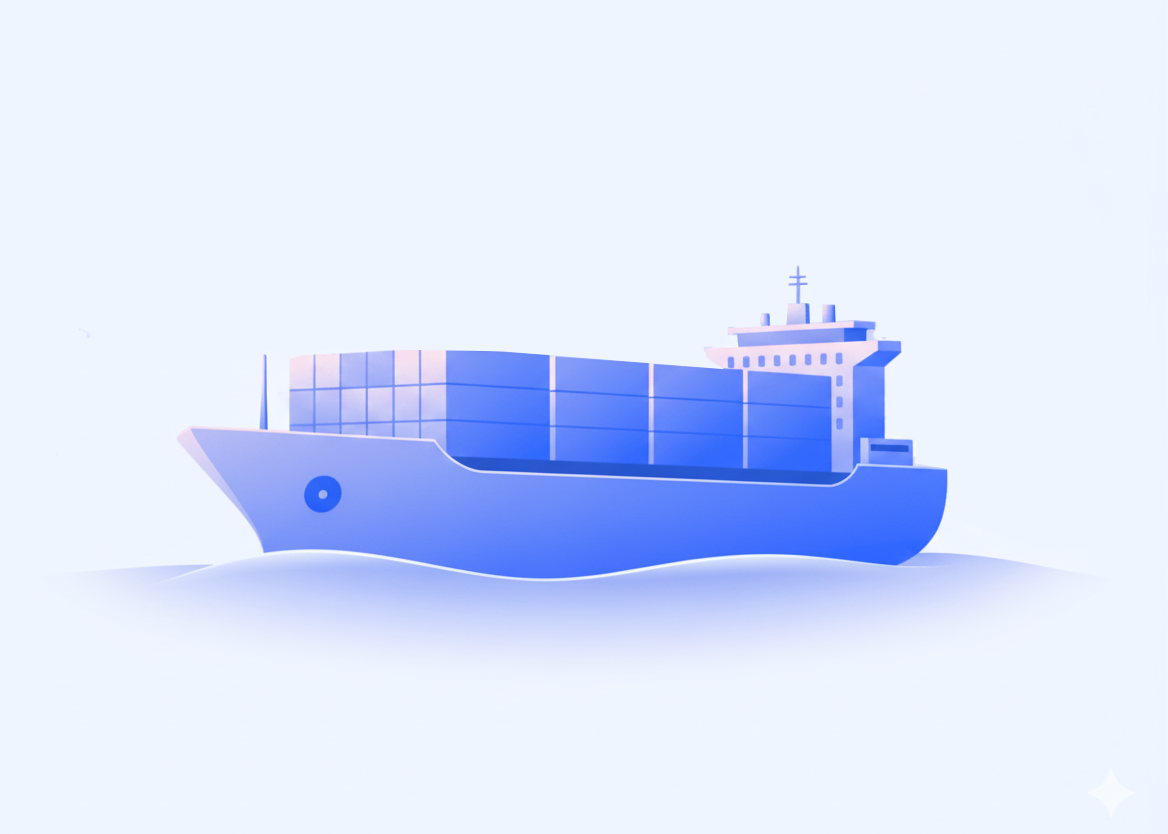As tariff chaos continues, dropshipping platforms are saving retailers bottom lines

Most retailers are dangerously misreading today's trade crisis.
While many view the current tariff upheaval as a temporary disruption to weather, the reality is far more severe: We're witnessing a fundamental restructuring of global commerce that's rendering traditional retail models obsolete.
According to recent findings, imported goods are now running 5% above pre-tariff predictions, while domestically produced goods have surged 3% higher. This isn't just about absorbing costs anymore — it's about survival.
The conventional wisdom of maintaining deep inventory and single-source supply chains isn't just risky, but it's becoming actively destructive to business sustainability.
With tariffs now affecting 69% of U.S. imports, retailers clinging to traditional models are essentially gambling on their future with every new inventory purchase.
However, forward-thinking retailers are discovering a powerful truth: the path to resilience doesn't lie in merely adapting to chaos, but in transforming their approach to inventory and supply chain management.
Dropshipping platforms are transforming retail operations, offering a strategic advantage in a challenging marketplace where traditional models are struggling.
By leveraging technology to manage and expand product assortment without the burden of inventory, retailers aren't just protecting their bottom lines, but are positioning themselves to thrive in retail's new tariff-driven reality.
The vulnerabilities of a traditional retail model
Retailers who rely on traditional, linear supply chains are finding their business models taking on water.
A dependence on single-source imports, particularly from regions now heavily targeted by new tariffs, has become an Achilles' heel.
This traditional first-party (1P) model exposes businesses to several key vulnerabilities, including:
Direct exposure to cost volatility: Tariff increases and fluctuating import duties directly impact profit margins. This forces retailers to either absorb the additional costs or raise prices for consumers, which can lead to customer churn.
Inflexibility in sourcing: Decades-old supply relationships can be rigid, making it difficult to quickly pivot sourcing to new countries or suppliers when a tariff is suddenly imposed.
The burden of owned inventory: Retailers bear the full financial risk of inventory that may become too expensive to sell profitably. This can lead to significant financial losses if stock is tied up in products that are no longer viable due to tariffs.
Dropshipping platforms: A strategic path forward
Dropshipping platforms, which enable a retailer to sell products without holding the inventory themselves, offer a robust and adaptable solution for navigating these challenges.
This model shifts the responsibility of inventory management and fulfillment to a third-party supplier, fundamentally changing the retail risk equation.
Here is how a dropship platform can anchor your business in resilience:
No inventory risk: In a dropship model, the retailer does not own or manage the inventory. This significantly reduces the financial exposure to tariff-related cost increases and frees up capital that would otherwise be tied up in stock.
Increased supply chain agility: Dropshipping allows retailers to rapidly onboard new suppliers and alternative products. This agility ensures a continuous flow of offerings, filling gaps that might otherwise appear in a traditional 1P model. It enables businesses to test and learn in new categories with no inventory risk, allowing for quick adaptation to market demands.
Reduced operational costs: By eliminating the need for warehousing and inventory management, dropshipping platforms reduce operational costs. Automated workflows and AI-powered tools streamline day-to-day tasks, allowing retailers to optimize for profitability and efficiency.
Unlocking sustainable growth with Mirakl dropship
For retailers looking to embrace or expand a dropshipping strategy in response to these challenges, a unified platform is essential.
Mirakl's Dropship Platform provides the tools needed to rapidly onboard suppliers and manage your operations from a single, unified interface.
Investing in and optimizing your dropship strategy with a solution like Mirakl's has become a strategic imperative. The ability to effortlessly expand your product catalog with a vast network of vetted suppliers and a seamless onboarding process can help your business thrive.
By leveraging AI-powered catalog onboarding and real-time inventory synchronization, you can reduce out-of-stocks and maximize revenue by addressing a wider range of customers.
The current tariff environment has fundamentally altered the retail landscape and what was once a strategic option is now a strategic imperative.
By proactively addressing these challenges and focusing on innovation through dropshipping, retailers can not only survive but also position their eCommerce business to lead in the new trade landscape.



